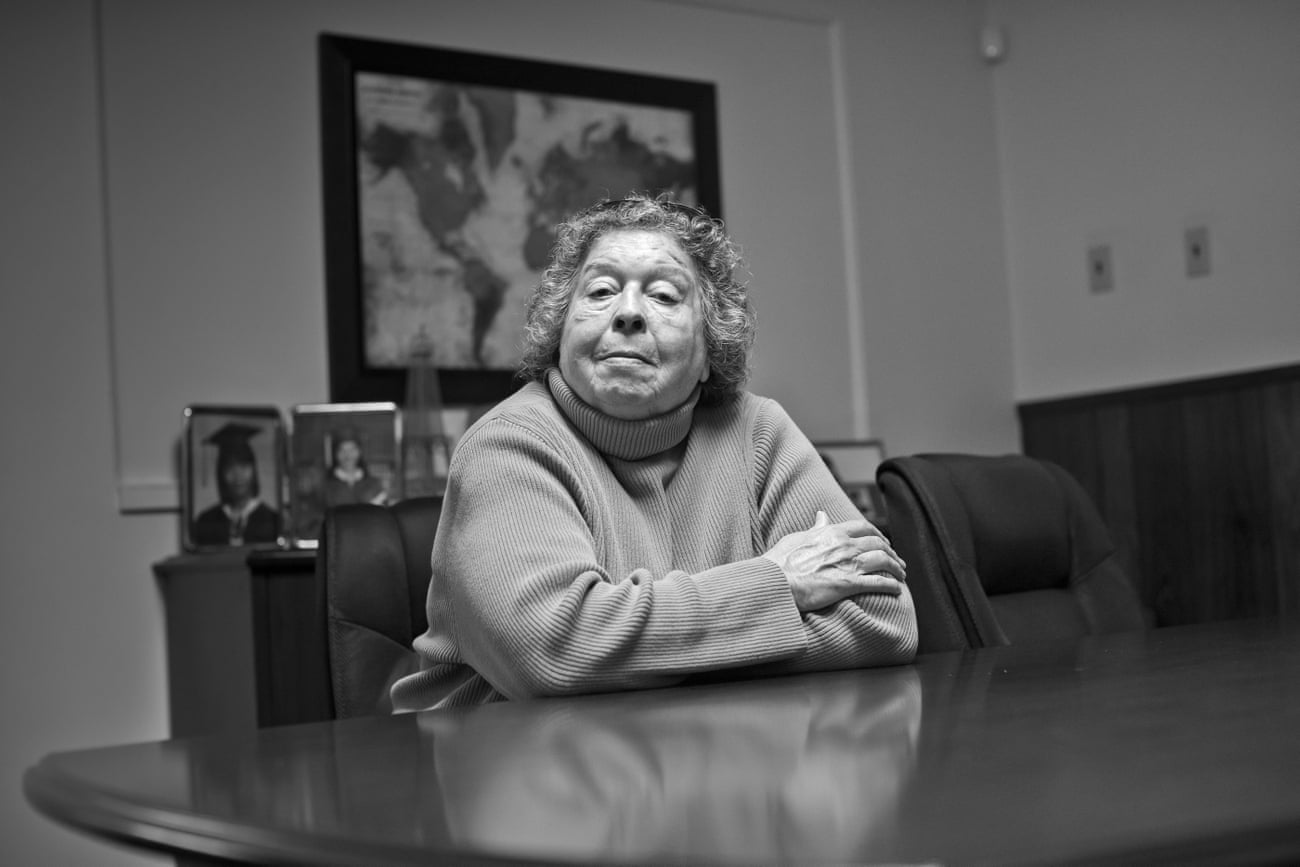Environment: 'Living In Cancer Town' Reserve, Louisiana: Residents' Stories, Special Series
- 'It’s been killing us for 50 years': residents on living in Cancer Town. - The Guardian, May 7, 2019. Reserve, Louisiana, has a higher risk of cancer than anywhere in America – a hazard residents must face every day. The small town of Reserve sits 30 miles from New Orleans in Louisiana. Home to just under 10,000 residents, it is also the place in America with the greatest risk of cancer because of air toxicity, according to US government science.
Three years ago the federal Environmental Protection Agency (EPA) found that emissions from the Pontchartrain Works facility, in Reserve, were the primary cause of a cancer risk 50 times greater than the national average. The plant’s owners – originally DuPont but now the Japanese company Denka – have long disputed the science that classifies its primary pollutant, chloroprene, a likely carcinogen. But that hasn’t stopped residents routinely describing extraordinary health conditions they argue must be linked to the plant’s emissions.
The Guardian will follow these residents’ fight for clean air over the next year. These are their stories.

Augustine Dorris, 70, retired middle school teacher: “I didn’t want to die in front of my students,” says Augustine Dorris, who speaks in staccato sentences, sometimes struggling to regain her breath. “I was in the classroom, I’d pass out and wake up with the kids running all over the place. I didn’t know where I was after the seizures.” Augustine has lived in Reserve her entire life, spending most of it in a family home six blocks from the fenceline that rings the plant. She remembers, as a teenager, watching the plant being built as she played in the grass outside.
It was the seizures that forced her retirement as a home economics teacher at the local middle school in 2003. But she had already survived breast cancer, a mastectomy and a hysterectomy. The seizures, she says, have never been fully diagnosed, but relate to a respiratory condition that sometimes stops enough blood reaching her brain. Her hair has been falling out since the cancer came in the late 1990s..Augustine doesn’t think twice about who is to blame for her ailments, old and new: “It’s the plant. I don’t have any doubt.” She recalls the first time she smelled the plant’s emissions. “It’s a foul odour. You don’t want to go outside. You don’t want to go out and play.” But Augustine will never leave Reserve. “This is where I live. This is where I can afford.” she said. She takes a breath. “I thank God for that. Where I am.”

Margaret Fiedler, 72, retired artist and chef: It took a few years for the chronic sinus conditions to emerge. The tumour followed later, and has caused her crippling pain ever since. Margaret Fiedler moved to LaPlace, a town that sits nextdoor to Reserve, from Florida 25 years ago to be closer to her daughter. She bought a little property next to the fenceline without thinking twice. She gutted the insides, rewired and replumbed. It was meant to be a home for the rest of her life. Now she looks back on it as a mistake. Before she came to LaPlace, Margaret exercised every day. But the agonising tumour in her right hip, diagnosed over a decade ago, makes that impossible now. The three surgeries for her sinus conditions haven’t stopped the near constant infections and the almost daily nosebleeds.
“I just finished taking another round of antibiotics,” she says. “It’s a miserable life.” Many of her neighbours have developed kidney disease and cancer. “Just unbelievable health problems.” Many have died young. “This has been a rolling death knell for close to 50 years. It is a constant, genocidal pumping of chemicals into the air,” she says...
Read More, https://www.theguardian.com/us-news/2019/may/07/cancertown-reserve-louisiana-residents-stories
Related, https://www.theguardian.com/us-news/ng-interactive/2019/may/06/cancertown-louisana-reserve-special-report
>'Cancer Town: a year-long series from Reserve, Louisiana.' This US town has a risk of cancer 50 times the national average. A chemical plant – built on the site of an old plantation – emits a ’likely carcinogen’. Can residents of this working-class, predominantly black community win the right to a safe environment for their children?